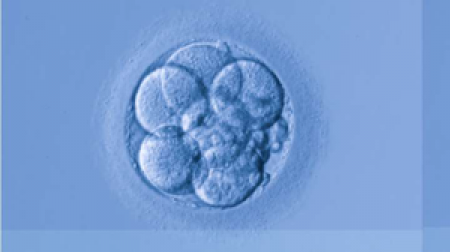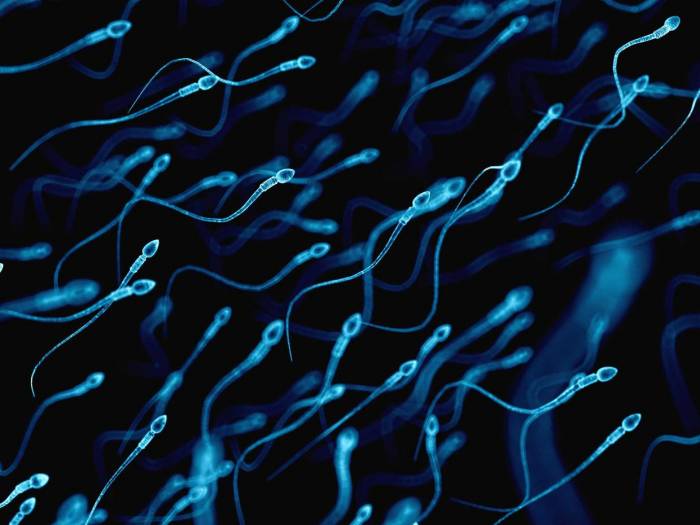Overthrowing close to two centuries of teachings, scientists have been able to create offspring by injecting something other than an egg with sperm, in an incredible experiment that could revolutionize embryology. It is suggested that the new findings could pave the way for using skin cells instead of eggs for fertility treatment.
Creating Babies Without Eggs Is Now Possible Thanks To Groundbreaking New Research
#1
"Our work challenges the dogma, held since early embryologists first observed mammalian eggs around 1827 and observed fertilisation 50 years later, that only an egg cell fertilised with a sperm cell can result in a live mammalian birth," explains molecular embryologist Dr Tony Perry, the senior author of the study published in Nature Communications. In effect, they have found a different way to make an embryo, hinting that eggs may not be unique in their ability to do so.

#2
Usually, for an egg to develop into an embryo it has to be fertilized by a sperm cell, yet researchers managed to "trick" mouse eggs into developing without this fertilization. These resulting embryos that are no longer eggs, are known as parthenogenotes, and behave in a similar way to standard skin and other cells in the body. These parthenogenotes were then injected with sperm, and rather than dying, the cells started to develop normally, eventually becoming healthy baby mouse pups.

#3
Amazingly, the success rate of this procedure was a whopping 24 percent, way above the survival rate of parthernogenotes, which is zero percent, or for nuclear transfer cloning, which is two percent. What's more, the resulting 30 pups from the experiment seemingly have no untoward health problems, with some of them even going on to have their own babies, which in turn have had their own.

#4
While there is still a vast way to go before scientists are able to use skin cells instead of eggs, something which they are not even certain can actually be achieved, the implications of managing it could be huge. It would mean that women who are infertile for a number of reasons, such as through age or from harsh chemotherapy, could still have children. It would also mean that gay couples who wish to have children would also be able to produce embryos between themselves.

#5
The benefits would not only be limited to humans, either, as it would enable conservationists to help save endangered creatures. Using skin cells instead of eggs could massively help rare animals, forming a different way to produce embryos that could then be implanted into surrogate mothers.

#6
The researchers are keen to stress that any such advancement is still "speculative and fanciful", but it gives a clear starting point, and suggests that the fate of a cell is nowhere near as concrete as originally thought.


